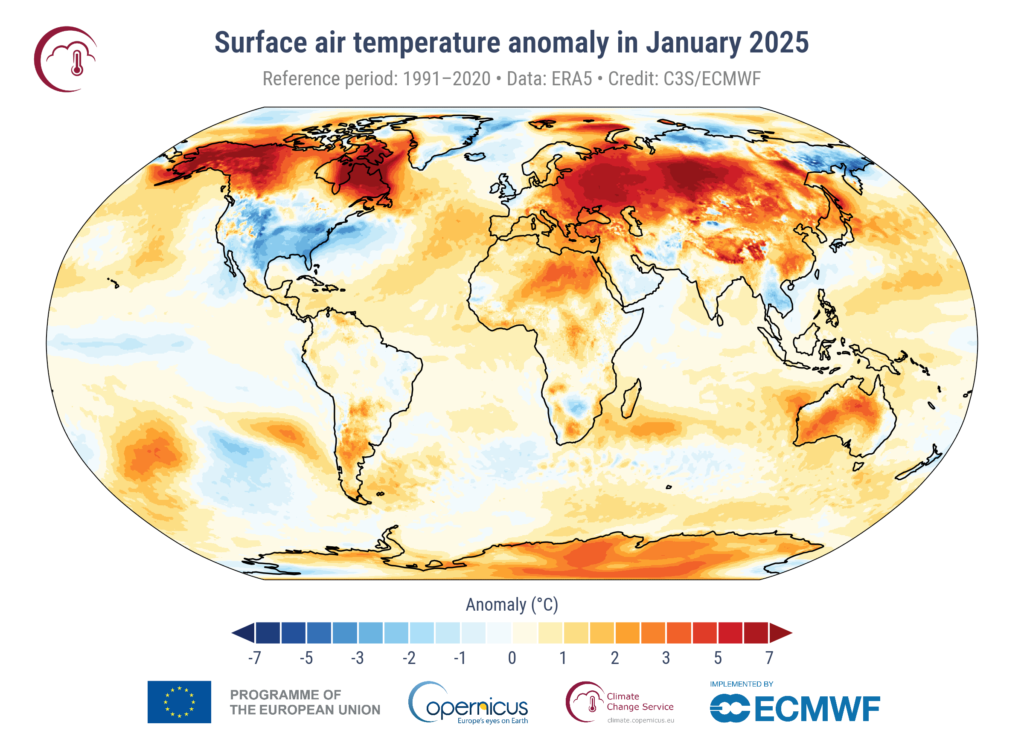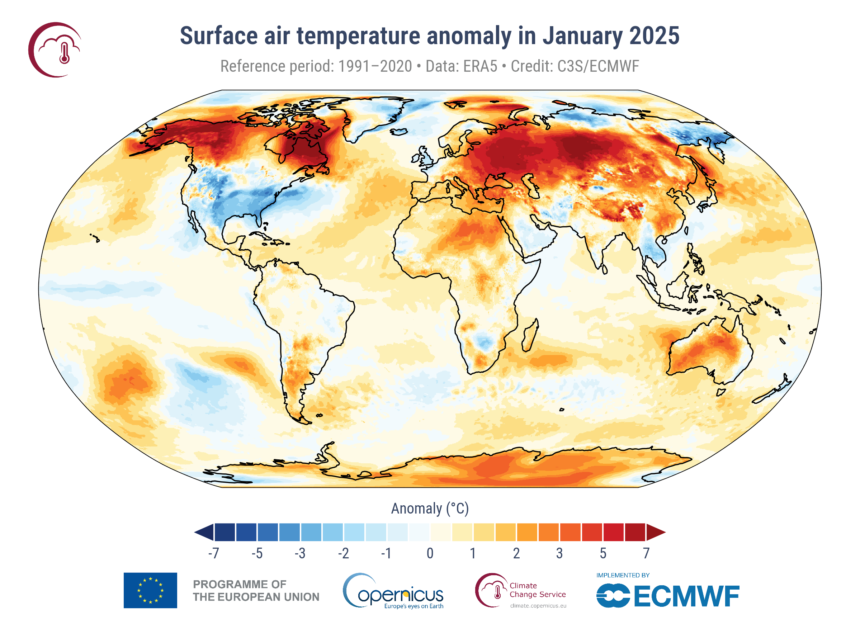As we approach 2025, the impact of global warming becomes more apparent. Scientists and environmentalists have predicted significant changes in climate patterns, temperatures, and ecosystems. In this blog, we explore the top 5 global warming predictions for 2025 and discuss how these changes will affect the world.

1. Rising Global Temperatures
One of the most concerning predictions for 2025 is the continued rise in global temperatures. According to climate models, the Earth is on track to experience higher-than-average temperatures, with some regions seeing an increase of up to 1.5°C compared to pre-industrial levels. This temperature rise will exacerbate existing environmental challenges, including more frequent heatwaves and extended drought periods.
2. Increased Frequency of Extreme Weather Events
Global warming is predicted to lead to a surge in extreme weather events. By 2025, we may witness stronger hurricanes, floods, and wildfires, especially in regions already vulnerable to these phenomena. Rising ocean temperatures and the increase in atmospheric moisture will contribute to more intense storms, while droughts will become more severe, particularly in arid areas.
3. Melting Polar Ice Caps and Rising Sea Levels
The melting of the polar ice caps is another alarming forecast for 2025. As global temperatures rise, the Arctic and Antarctic ice sheets continue to melt, contributing to rising sea levels. This will threaten coastal cities around the world, particularly in low-lying countries and island nations. The displacement of millions of people due to rising sea levels could become one of the greatest humanitarian challenges of the next decade.
4. Disruption of Ecosystems and Biodiversity Loss
Global warming will disrupt ecosystems worldwide. In 2025, many species will be at risk of extinction due to habitat loss, rising temperatures, and the destruction of food sources. Coral reefs, which are highly sensitive to temperature changes, may experience bleaching events, while other ecosystems such as forests and wetlands will face significant disruption. This loss of biodiversity could have far-reaching effects on food security and human health.
5. Shift Towards Renewable Energy and Green Solutions
While global warming presents significant challenges, it is also driving innovation in sustainable energy. By 2025, we can expect an increased global push towards renewable energy sources such as solar, wind, and hydroelectric power. This shift will reduce dependency on fossil fuels and help mitigate the effects of climate change. Governments, businesses, and individuals alike will need to adopt greener practices to curb the impacts of global warming.
Conclusion: The Need for Immediate Action
As we approach 2025, the predictions for global warming are both alarming and urgent. From rising temperatures to extreme weather events, the effects of climate change will touch every aspect of life on Earth. However, with global cooperation and commitment to renewable energy and sustainable practices, we can still take action to reduce the severity of these impacts. It is crucial that we address global warming now to ensure a livable planet for future generations.
Stay informed and take action today—every small step counts in the fight against climate change!










